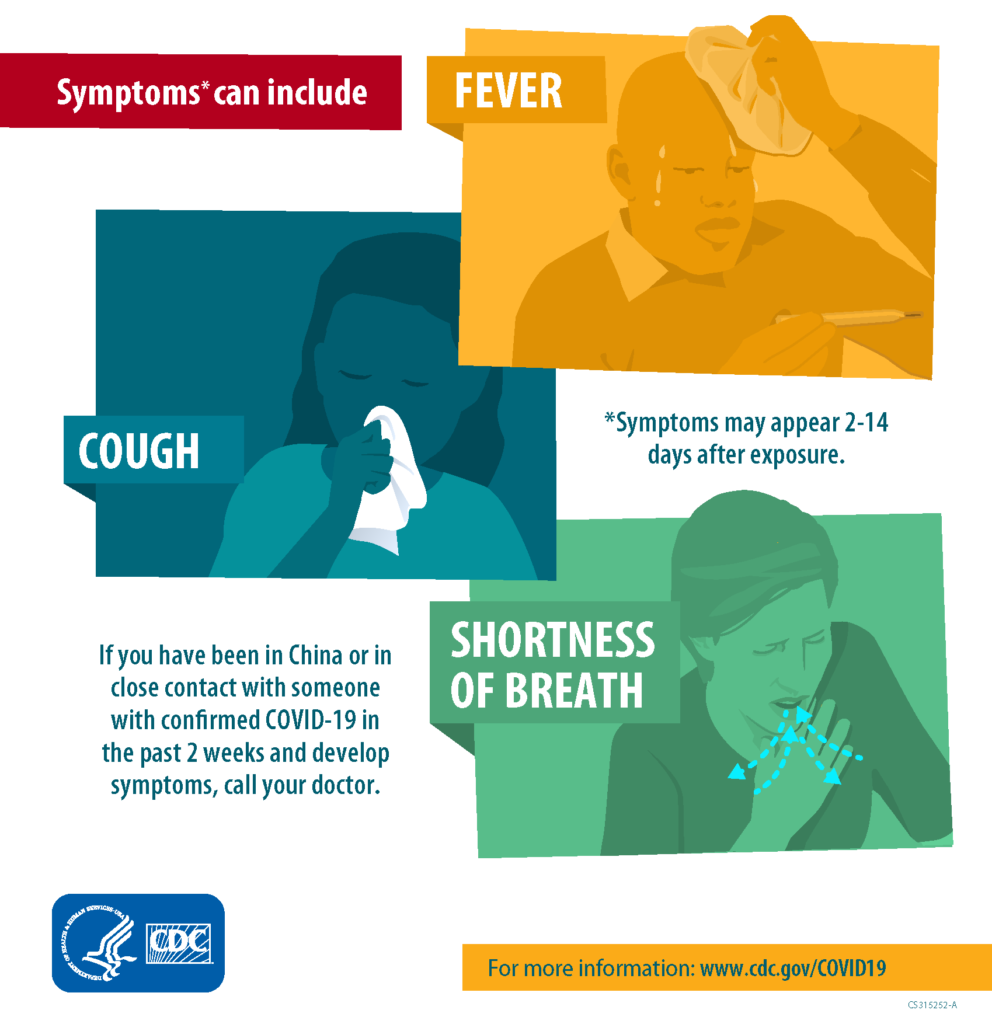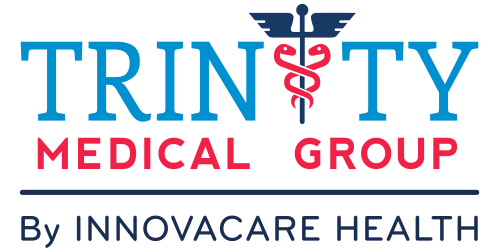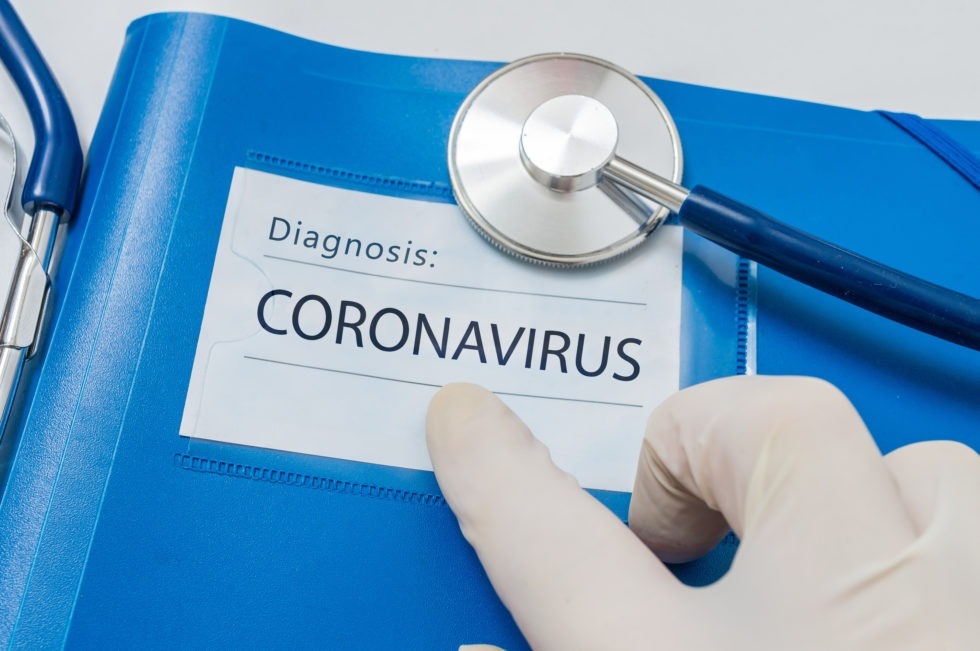What does this mean for you?
This is a constantly evolving situation with new information coming out every hour. It’s important that you stay tuned in to local news, healthcare facilities, and government agencies to know what steps you must take in your area.
COVID-19, the name for this particular strain of the coronavirus, impacts the respiratory system. Most people who come in contact and test positive have mild symptoms, much like that of a cold. However, if you are immune-compromised or have existing respiratory issues, it could be much more serious for you. For that reason, the CDC is requesting that everyone try to stay away from large public gatherings and limit the places you go.
For more information on what to do if you have symptoms of the coronavirus, refer to the following resources or contact your local county health department.
The CDC Coronavirus Page, https://www.cdc.gov/coronavirus/2019-ncov/index.html
The World Health Organization, Coronavirus updates https://www.who.int/emergencies/diseases/novel-coronavirus-2019
NIH Coronavirus Information https://www.nih.gov/health-information/coronavirus#!/detail/403327
The Florida Department of Health Coronavirus Toolkit http://www.floridahealth.gov/diseases-and-conditions/COVID-19/covid19-toolkit.html
Previously Published:
Earlier this year, the World Health Organization declared a public health emergency because of the concern surrounding the spread of the new coronavirus. They have identified several cases in the United States—including at least one that spread via person-to-person contact—but what does that mean for you? Should you change any part of your daily routine to stay safe from this new virus? We’ll break it down for you.
What is the coronavirus? Traditionally, the standard coronavirus is the cause for most of the colds and respiratory illnesses that people get every fall and winter – also known as the “common cold.” The strain that is causing so much concern is a new respiratory virus that originated in Wuhan, China, and has slowly started spreading into other countries—including the United States.
What are the symptoms? The coronavirus has similar symptoms to a cold or the flu. Symptoms can appear anywhere from two to 14 days after exposure. This means that people may not realize they have the virus even though they could be contagious. Some people may have no symptoms at all. Symptoms to watch for:
- Fever
- Cough
- Shortness of breath or trouble breathing
If you have respiratory symptoms but no fever, still see a doctor to help determine whether you have this strain of the virus. Like any virus, it can be most difficult for the very young, elderly, or people with compromised immune systems.

How can you protect yourself? To limit the chances of coming down with any illness, including the coronavirus, follow the same precautions that you would for all cold and flu outbreaks:
- Wash your hands with soap and water frequently throughout the day for a minimum of 20 seconds, especially every time you use the restroom and before you eat.
- Use alcohol-based hand sanitizers (Hand sanitizer should never be used as a substitute for hand washing, as it will not kill all germs.)
- Cough and sneeze into your elbow—NOT your hands.
- Avoid touching your face.
- Stay home if you have symptoms of the flu and especially if you have a fever.
- Stay away from people that are exhibiting cold and flu symptoms, like coughing, sneezing, and wheezing.
- Frequently clean and disinfect common surfaces that are touched throughout the day – doorknobs, countertops, cabinet handles, and phones, to name a few.
If you suspect that you have been in contact with someone that has the virus, notify your health care practitioner for guidelines on what you should do. For the latest news on the coronavirus, check the following up-to-date websites:
- Summary of outbreak and response from the CDC
- Information on symptoms, prevention, and treatment (CDC)
- US situation summary (CDC)
- International summary (World Health Organization)
___________________________
This article provides information on general health and health-related subjects. The information and other content provided by this article, or in any linked references, is not intended as a substitute for professional medical expertise and should not be used to replace the advice of your own healthcare provider.
If you or any other person under your care has a medical concern, consult with your health care provider or seek professional medical treatment. Do not disregard professional medical advice or delay in seeking treatment because of something read in this article or in any linked materials.
If you think you are experiencing a medical emergency, call your doctor or dial 911 for immediate emergency services.

 Call Lakeland
Call Lakeland
